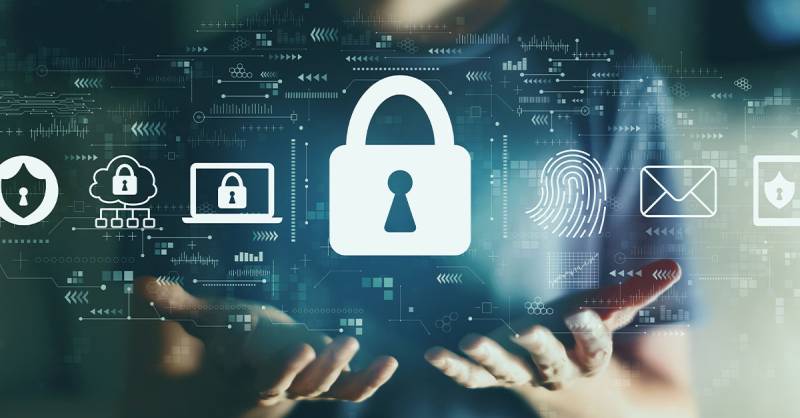KARACHI: Experts say that Pakistan is 20 years behind the world in the field of digital security and to take Pakistan’s place in the informational world of cyberspace, it needs to move faster by adopting predictive cyber security with artificial intelligence. Will be.
The conference – Artificial Intelligence (AI) for Cyber Security – was organized by Pakistan Institute of International Affairs (PIIA). In which a consensus was found among the speakers that awareness about cyber security should be spread through educational institutions, especially universities, and webinars and seminars should be organized to educate the general public about the challenges. He also believed that the government should allow people to act freely to bring about the desired changes in the field.
Addressing the conference, former senior Federal Investigation Agency (FIA) official Amar Hussain Jafri, who is also the head of the National Response Center for Cybercrime (N3RC), said that he has been working on cyber security for the past 20 years. He said that when I started working in FIA’s cyber crime unit 20 years ago, we were ahead of India in terms of measures taken for cyber security. But right now, we are far behind where we stood 20 years ago.
He said that Pakistan has been working on reactive cyber security so far, but now is the time to start exploring predictive cyber security, which needs to be integrated with AI, where possible. Attacks are predicted and results are up to 90% accurate.
He said that through AI, he looked into the issue of fake passports and found anomalies in the National Database and Registration Authority (NADRA) system where people with fake passports were entered into random family trees for record keeping. used to go
Rahim Ali, chief technology officer of an international business outsourcing firm, said that Pakistan is not ready for a cyber war, but it has no option to be unprepared.
Explaining the complexity of cyber security and its combination with AI, he said that cyber security is not just for computers. First of all, in a cyber attack, your networks are compromised and you lose contact with everyone. Then the electronic media is blocked so you can’t see what’s happening on the ground. Utilities and public infrastructure have been destroyed. A cyber attack aims to steal, sabotage or compromise.
Maleeha Masood, another IT professional and expert in risk management, information security management, internal audit and software quality assurance, said that those who think that their privacy is intact in cyberspace and will remain so are delusional. Living in the world.
Experts also discussed how advanced weapons can be modified and manipulated by AI, which is why indigenous weapons were necessary to reduce the risks of manipulation.
He gave another example of how a plan was made to kill the head of a country without sending an assassin to kill him. He said that the pacemaker implanted in the heart of the country’s leader was to be hacked and its current increased, which could have altered the heartbeat and killed him.
Dr. Moazzam A. Khan Khattak of Institute of Electrical and Electronic Engineers, Dr. Waqas Haider Khan Bangyal of Department of Computer Science of Kohsar University, Dr. Nadrat Nida of National University of Sciences and Technology addressed the opening session of the conference. Pakistan Institute of International Affairs (PIIA) Chairperson Dr Masooma Hasan thanked the panelists in her concluding remarks.
